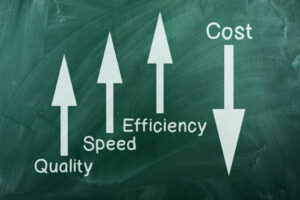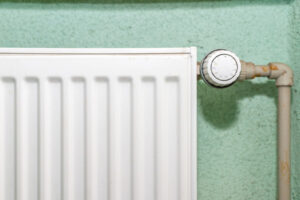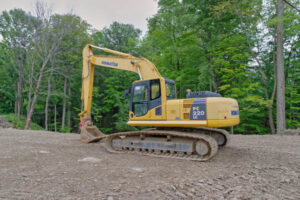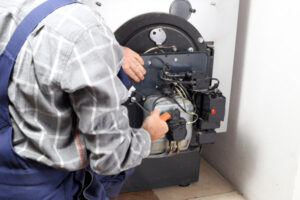R.F. Ohl Fuel & Energy Articles
Advancements Ahead: Envisioning the Future of Heating Oil Technology
For generations, heating oil has reliably provided warmth in homes. This energy form, along with the devices using it, has undergone numerous enhancements, improving both energy efficiency and cost-effectiveness. This article explores the captivating evolution of heating oil technology, from its initial use to the promising innovations on the horizon.
Read MoreDecoding the Mechanics of Your Heating Oil System: A Guide to Hot Water Radiator Functionality
The pursuit of efficient heating options has led to the rise of hydronic heating systems, particularly those using heating oil. This article examines their essential role in ensuring a comfortable home environment, with a special focus on hot water radiators, exploring their functionality, advantages, and innovative techniques for enhanced warmth and energy efficiency.
Read MoreDistinguishing Between On-Road and Off-Road Diesel: Understanding the Differences
Diesel fuel is known for its versatility and compression properties. Made from petroleum and biomass, diesel is subject to regional standards for quality and eco-friendliness. Understanding the difference between on-road and off-road diesel is essential for correct usage and legal compliance. This article compares the two, outlining their similarities and differences.
Read MoreAdvantages of Professional Oil Burner Maintenance
Do you recall when was your last oil burner service? Many homeowners overlook this routine task, unaware that regular maintenance boosts system efficiency, saves money, and prolongs the heater’s lifespan. This article delves into the various benefits that come with oil burner cleaning and its impact on reducing home heating costs.
Read MoreHelpful Tips On Preventing Heating Oil Tank Sludge
The development of oil tank sludge is a gradual process that needs certain conditions for it to occur. You can’t completely avoid it, but when you understand the factors that contribute to its formation, you can help reduce it. This article discusses the raw materials, known causes, linked issues, and preventive measures.
Read MoreThe Importance Of Regular Heating Oil Filter Replacements
Home heating accounts for almost 50% of the monthly energy expenses in US homes, which is much more than other appliances. To reduce costs, it’s important to improve efficiency. Several approaches are quite effective, like regular heating oil filter replacements. This article discusses all you need to know about this energy-saving habit.
Read MoreThe Challenges Of Cooling Historic Homes
Historic homes usually aren’t structurally made to handle most modern air conditioner designs. These homes aren’t fitted with ducts. To add central air conditioning, it would require adding ductwork, affecting the home’s aesthetic value. Therefore, ductless air conditioning systems are the most viable option. This article discusses ductless air conditioning for historic homes.
Read MoreCommon Air Conditioner Problems You May Face This Summer
Summers are hard to endure without air conditioning. Therefore, homeowners should have a reliable air conditioner to deal with the sweltering heat. By learning about the usual problems your air conditioner may encounter and the corresponding preventive measures, you can improve your comfort and reduce stress during this time of year.
Read MoreWhat Is A Double-Wall Heating Oil Tank?
Homeowners in the eastern portion of the United States commonly use heating oil as a way to heat their homes. It is stored in a tank on the property and pumped into the boiler or furnace to begin heat production. Consider getting a double-wall heating oil tank when you’re facing an oil tank replacement.
Read More10 Ways to Save Money on Heating Oil Costs
During winter, homeowners rely on oil-fired boilers and furnaces for relief from the cold. Turning off the heating system to save money is not an option. However, you can certainly lower your heating oil expenses in other ways. This article shares ten ways to accomplish this without compromising your home’s comfort and safety.
Read More









